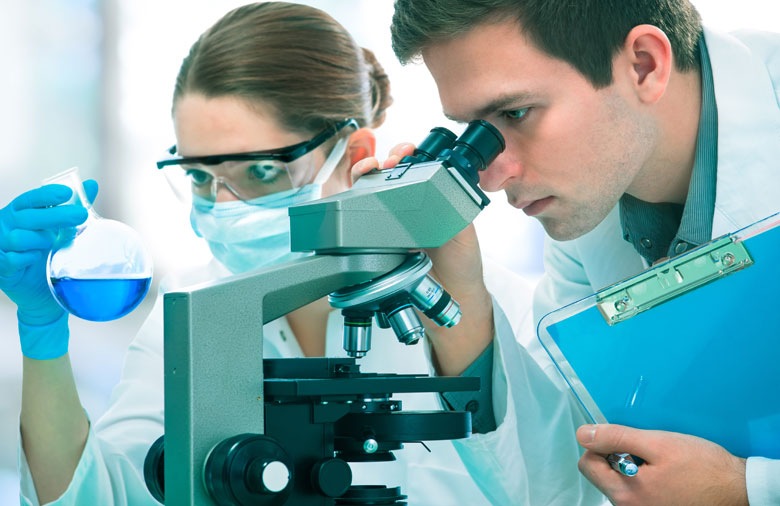Alternative Medicine, Conditions & Treatments, Health & Wellness, Technology
Learn about the Latest Advancements in Cancer Research and Prevention
Each year, more than 1.7 million Americans develop cancer. While half of all men will develop cancer during their lifetime and so will a third of women, cancer rates and deaths have been on the decline since the early 1990s.
According to the American Cancer Society, deaths from cancer have dropped 20%. It’s estimated that 1,340,400 lives have been saved in the past 2 decades, mainly due to education about cancer and ways to help prevent it.
Here are some interesting facts about cancer risks, early detection and the most leading edge research to continue reducing the number of deaths from cancer.
Who is at risk for cancer?
Everyone is at risk for cancer, but certain people are at a higher risk. Age is the greatest factor, with more than three quarters of all cancers detected at 55 or older. The following are lifestyle choices that can contribute to cancer:
- Smoking
- Drinking alcohol excessively
- Physical inactivity
- Eating a poor diet
- Exposure to carcinogens
- Excessive exposure to sunlight
How beneficial is early detection?
Detecting cancer early before it has had a chance to grow and spread is one of the best ways to avoid death from cancer. According to the Centers for Disease Control and Prevention, the following cancers have the highest rates of success from early detection:
- Breast Cancer
- Cervical Cancer
- Colorectal Cancer
- Lung Cancer
While screenings for ovarian, prostate and skin cancers have not reduced death rates from those cancers, screenings are advised for those at high risk.
What are some innovative ways to help control cancer?
Genetic testing – A genetic specialist can test those at a higher risk for cancer and then suggest ways to deal with the results.
Gene therapy – Still experimental, placing healthy genes inside of cancer genes may be a future way to stop cancer.
Vaccines – Researchers are working on vaccines that might help the immune system fight cancer.
Chemopreventive Agents – Along with medications, these agents can help reduce the risk of certain cancers.
Earlier detection – New and even more accurate screenings will allow earlier detection and treatment.
Lifestyle changes – Developments in the importance of diet, nutrition and physical activity my help prevent some cancers.
Chemotherapy – New drugs are being developed, while others are being combined in novel ways to help control and cure cancer.
Immunotherapy – Scientists are developing treatments – also known as biological therapy, biotherapy or biological response modifier – that work with the immune system.
Antiangiogenesis Agents – Researchers are developing ways to stop cancerous tumors from developing new vessels, which is the way cancer grows and spreads.
Visit American Cancer Society to learn more information about the latest in cancer research and prevention.
Please share this article with a friend or family member who might benefit from learning about the latest updates in cancer research.
Sources
http://www.cancer.org/cancer/news/cancer-statistics-report-deaths-down-20-percent-in-2-decades
http://www.cinj.org/sites/cinj/files/documents/April2013CancerControlMonth.pdf
http://www.cdc.gov/cancer/dcpc/prevention/screening.htm
Related Articles

Join the Discussion
0 Comments